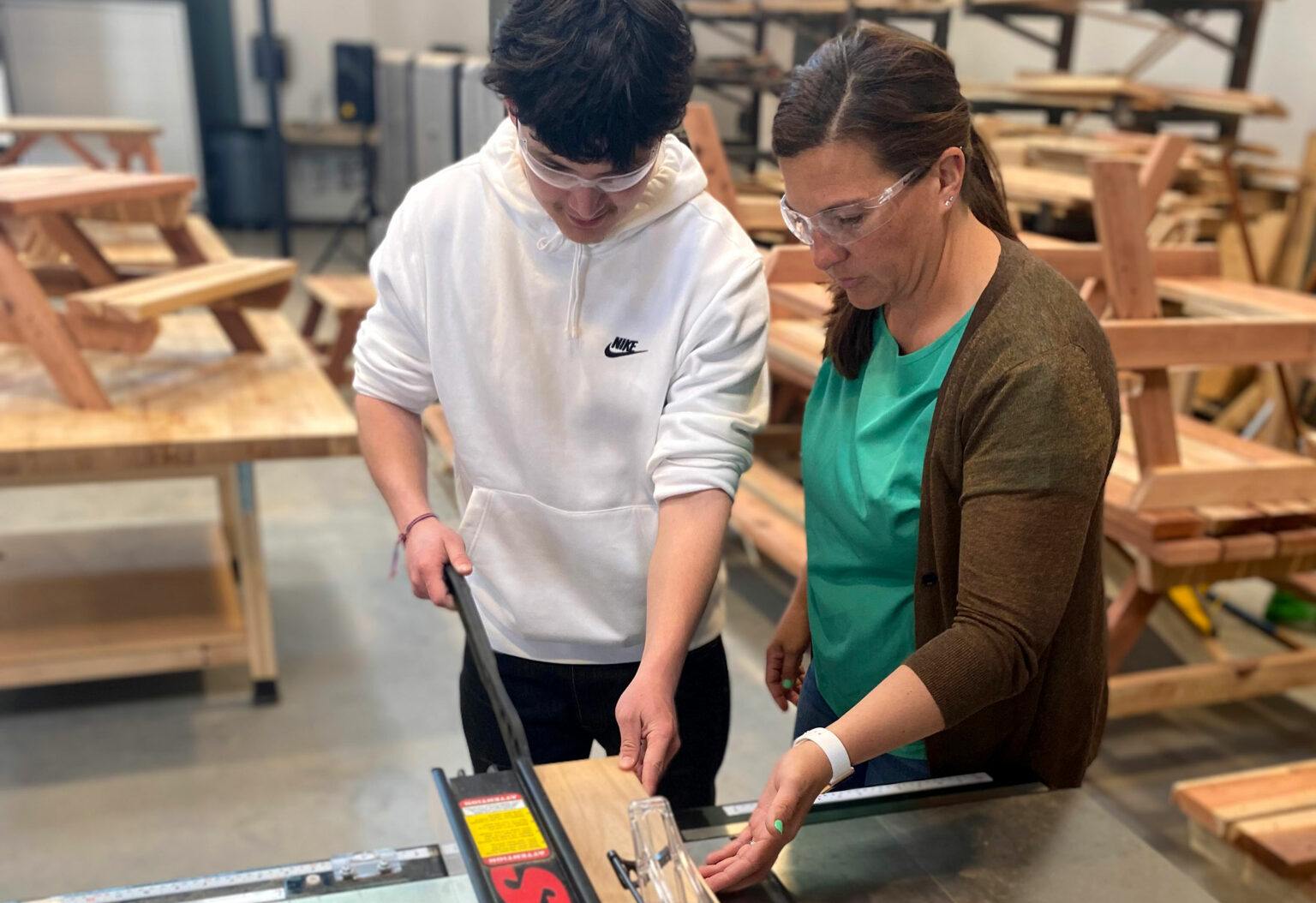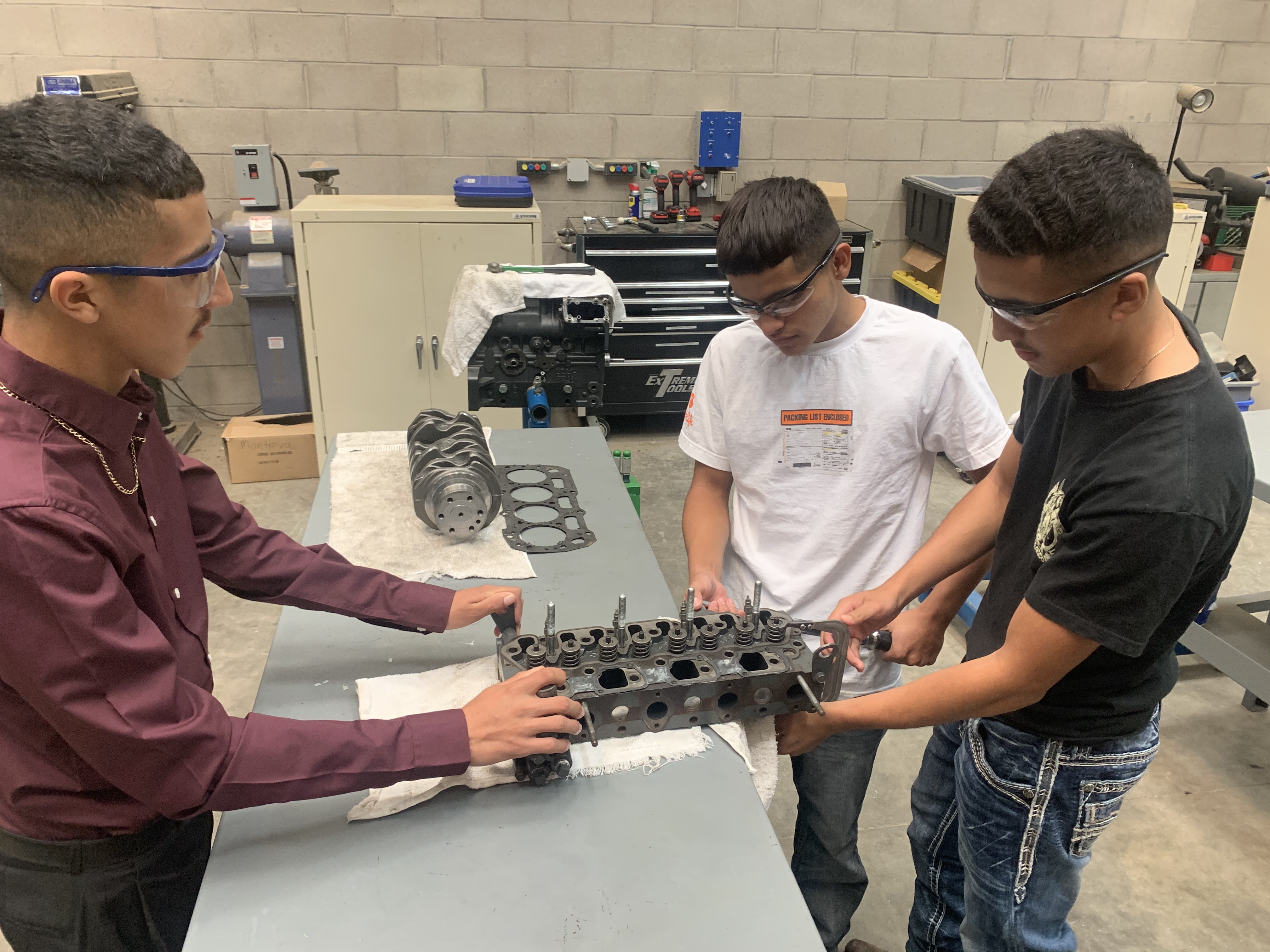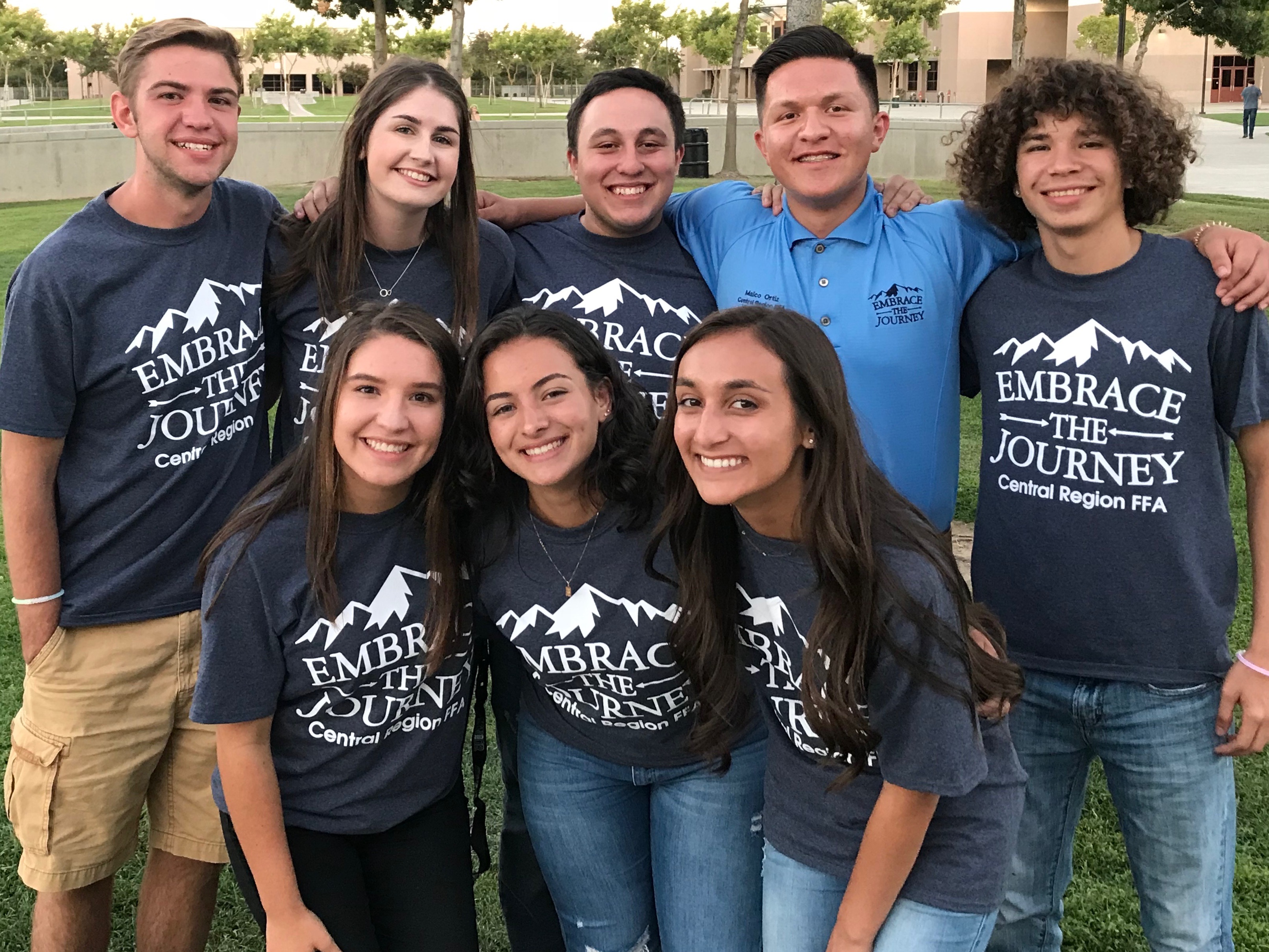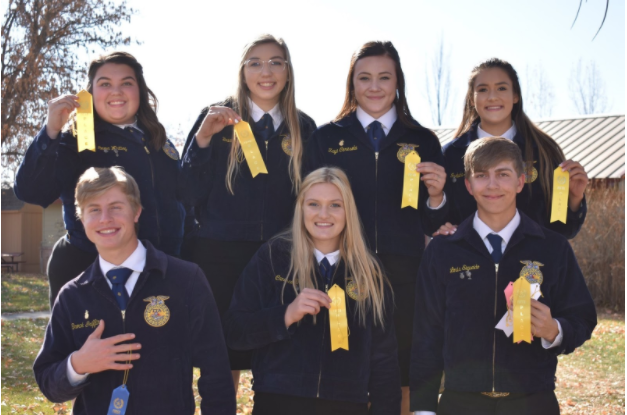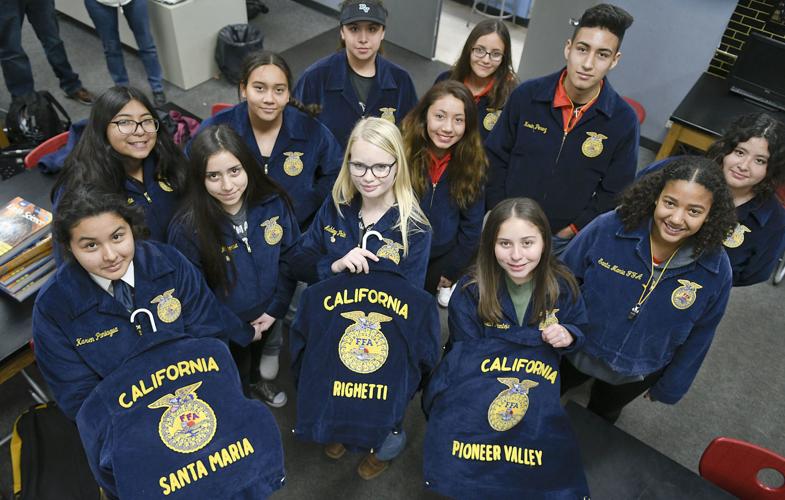Q&A with Jonathan Moules, Turlock FFA Alumni
Can you tell us a bit about your background and your experience with FFA?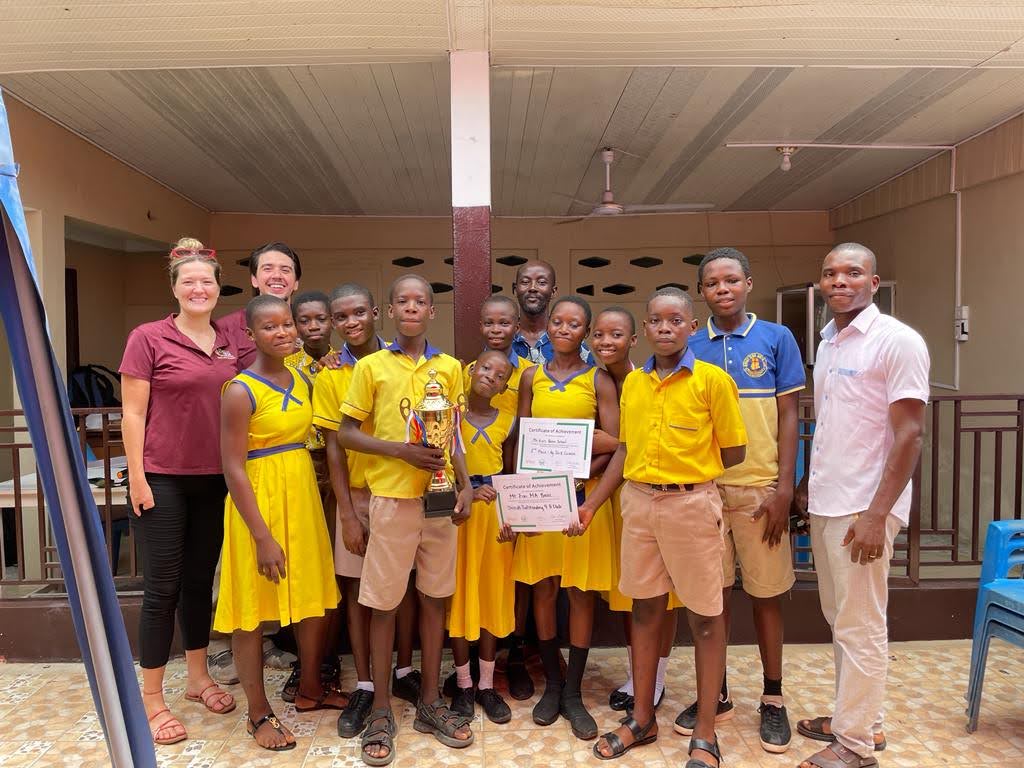
I come from a Portuguese immigrant family with a background in almond farming and raising Hereford cross cattle. I attended Turlock High School, where I was deeply involved in FFA at the chapter, state, and national levels. Through leadership roles, attending conferences, competing nationally, and developing various SAE projects, Turlock FFA played a significant role in shaping me into the young professional I am today.
What inspired you to join the International Agricultural Education Fellowship Program (IAEFP) and travel to Ghana?
While I was in high school, our agriculture teacher, Mr. Nick Traini, came into our zero-period Ag Mech II class and announced that he wouldn't be returning for the 2015-2016 school year. He explained that he and his soon-to-be wife were going to Ghana through the AgriCorps program, which was the predecessor to IAEFP. At just 14 years old, I was deeply inspired by Mr. Traini's example of servant leadership. After years of research, self-reflection, and nearly eight years of waiting, I finally took a leap of faith after completing my master’s degree and applied to the IAEFP Ghana program in 2023-2024.
What was your role and responsibilities during your time in Ghana?
IAEFP Ghana employs both School-Based Agriculture Education and Positive Youth Development models to enhance the capacity of Ghanaian communities for agricultural innovation through youth development in low-risk environments. Similar to American agriculture education, my role as an IAEFP fellow involved collaborating with community members and teachers in Yamoransa, Central Region, Ghana. I taught agriculture in the classroom, established school demonstration farms utilizing innovative agricultural techniques, supervised home entrepreneurship projects (similar to SAEs), and facilitated leadership development through 4-H clubs, 4-H officers, and speaking competitions.
Can you share a memorable moment or impactful experience from your time in Ghana?
A group of six students courageously joined the 4-H Ceremonies Contest (similar to FFA Opening/Closing Ceremonies). They practiced their individual parts with immense diligence, ensuring they used the correct volume, fluctuation, pace, and tone to exude confidence and convey their belief that they are the future of Ghana. They were crowned the winning team at the district contest and later received the Outstanding 4-H Award at the National 4-H Camp and Contest. Beyond the accolades, these students demonstrated immense growth not only in their speaking abilities but also in their ability to lead their 4-H club to prosperity.
How did your experience in Ghana influence your perspective on agriculture and service?
There is a delicate balance between intrinsic and extrinsic motivation when it comes to serving others. It's essential for individuals to engage in service projects and experiences with a focus on reflecting on 'who's really benefiting.' I’m grateful to have been guided by a group of people who champion the idea that the greatest impacts of international agricultural development occur when community stakeholders are directly involved at the local level. This approach ensures program sustainability even after the service experience has ended
What advice would you give to current FFA members and alumni who are considering participating in international service programs like IAEFP?
Everyone experiences culture shock differently, and the speed at which they adapt to living in an unfamiliar place varies. Despite this, I strongly advocate for thorough preparation and understanding of what you're getting into. It's crucial for anyone considering international development programs to have a solid grasp of the program they are applying for and to familiarize themselves with the historical, cultural, religious, and societal background of their destination. There will be moments of frustration and dread, but there will also be just as many, if not more, moments of joy and success. Ultimately, once in-country, patience is key. Things may not always go as expected, but through problem-solving and collaboration with local stakeholders, your community's goals can be achieved.

